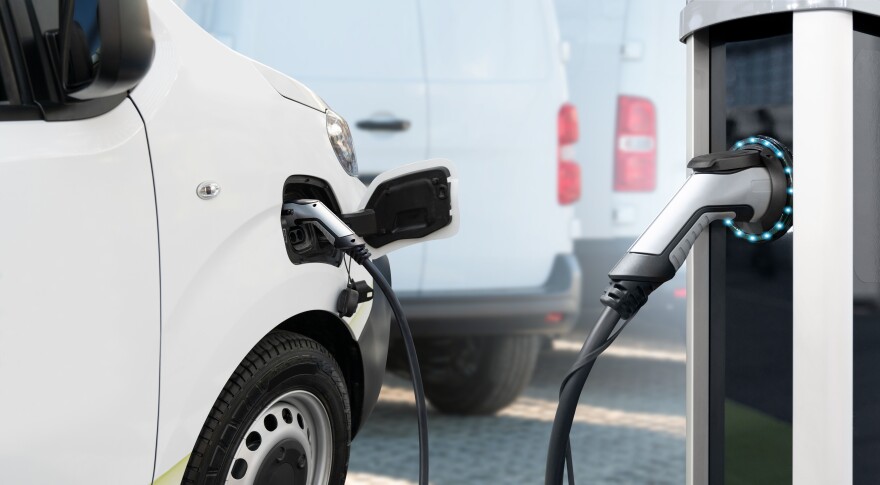The approval means $900 million in National Electric Vehicle Infrastructure or NEVI funding will start flowing to states under President Joe Biden’s infrastructure law to create a national fast-charging network for electric vehicles.
Residents could see more charging stations start popping up along major travel corridors as early as next summer. President Biden has a goal of ultimately installing half a million chargers across America and building a network of fast-charging stations across 53,000 miles of freeways from coast to coast.
Experts say the federal dollars should kickstart more involvement from the private sector to fill in the gaps for EV charging across the country. Last year, electric cars were about 5% of new vehicle sales in the U.S. and made up just shy of 1% (0.9%) of all vehicles in the nation.
The number one goal of Utah’s NEVI plan is to ensure anyone can choose to travel in an EV, no matter where in Utah they want to go. The plan details charging stations spaced approximately 50 miles apart along Utah’s Alternative Fuel Corridors, known as AFCs, by the third year of the program. Although sections of I-15, I-215, and I-84 meet corridor ready status for EV charging stations under the AFC program, they will all need some form of upgrade or modification to meet the requirements.
Currently, the number of EVs in Utah is relatively low; but the numbers are expected to climb quickly. In 2021, more than 16,000 (16,407) EVs, or about 3% of the overall number of registered vehicles, were registered in the state.


